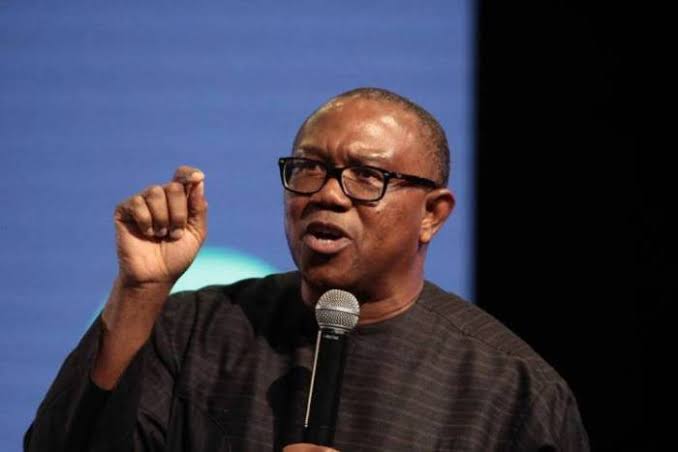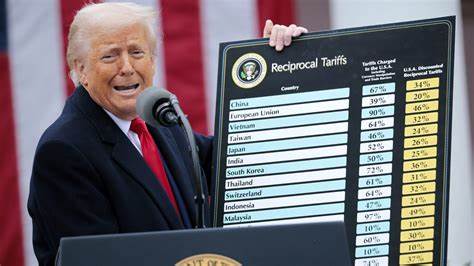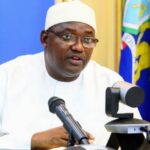Presidential candidate of the Labour Party in the 2023 general election, Peter Obi, on Monday, observed that the United States dollar has become the “underground currency of exchange” in Nigeria, lamenting that the arbitrary use of the dollar in the country has led to unproductivity.
The naira has lost over 35 per cent of its value against the dollar, falling from N738 to the USD at the beginning of the year on the parallel market.
Join our WhatsApp ChannelPrime Business Africa Following the move by the Tinubu government to close the gap between the official and parallel market rates, the greenback is now being traded at over N1000 per dollar on the street, a development that has skyrocketed the cost of goods and services in the country.
Speaking when he was featured as a guest on Arise News’ Morning Show, Obi asserted that just as “nobody floats what you don’t have a supply of,” no country should float its currency without an adequate supply of the same. “We should have worked on criminals and excesses in our foreign exchange regime,” he said.
The presidential candidate however noted that the naira was overvalued and was increasingly under pressure because of undersupply and the dollarisation of the country’s economy.
According to him, “We should have devalued to about N600 while managing to deal with supplies and deal with the issues that control the exchange rate.”
“The dollar has become the underground currency of our economy; it shouldn’t be. We have a currency called the naira. All the things people use dollars to do that are not productive should be removed.
“I can assure you that when you remove it, it can strengthen the currency. Today, even when you want to do party primaries, people share dollars. That is not our currency.
“There should be a stiff penalty in dealing with the issue. If people earn dollars legitimately, let them spend it the way they want. However, it has now become a means of corruption and criminality in our system.”
Obi further stated that the country should work more on exports to strengthen the currency, stressing that “what controls the exchange rate is your reserve and what controls your reserve is your export.”


















Follow Us